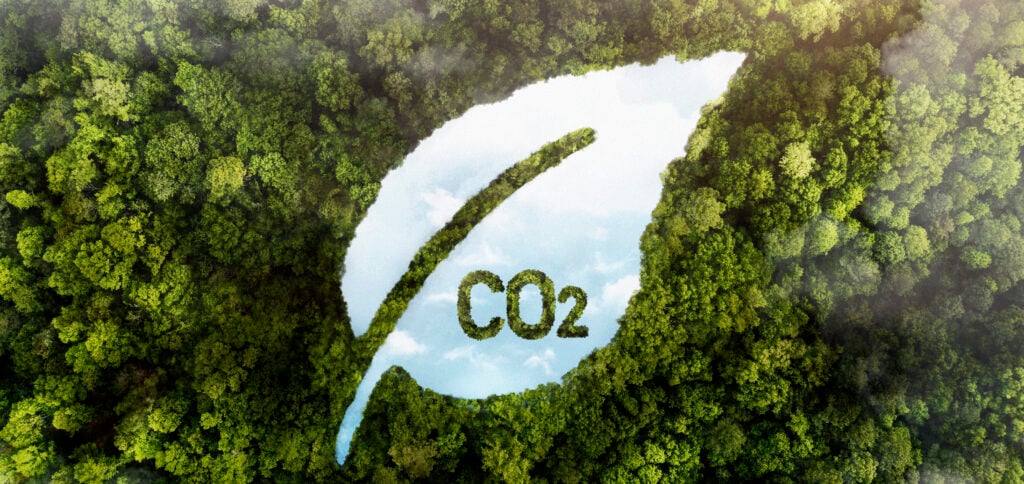Rapporteur Senator Leila Barros (PDT-DF) argued that she accepted the demand from the ruralist bench because there are no ways to measure carbon emissions from agricultural activities, in addition, she maintained that the main carbon markets in the world do not include agriculture and livestock in the regulation.
ADVERTISING
“It is observed in the main regulated carbon markets where agriculture is not included in the regulation, mainly due to the importance of the sector for food security and the many uncertainties that still exist in the methodology for estimating the sector’s emissions inventories”, explained the senator.
The coordinator of the FPA in the Senate, Senator Tereza Cristina (PP-MS), thanked the rapporteur for her position “so that agriculture would, at this moment, be excluded, not because it does not want to participate. Agro is the big seller, we are going to be a big supplier of carbon credits”.
The Minister of Institutional Relations, Alexandre Padilha, participated in the session and praised the agreement reached. “No country in the world that already has its carbon market has implemented this sector. Therefore, I welcome the agreement created here because it consolidates this Brazilian system that, in practice, establishes a carbon market adequate to international parameters”.
ADVERTISING
Study of the legislative consultancy of Câmara dos Deputados shows that agriculture is responsible for 25% of greenhouse gas emissions, with deforestation responsible for 49% of emissions in Brazil.
Carbon Market
The carbon market provided for in the project sets quotas for companies to emit greenhouse gases, which are responsible for warming the earth and driving climate change.
According to the approved text, companies or industries that emit more than 10 thousand tons of carbon dioxide (CO2) per year will be subject to the country's carbon market rules. Anyone who emits more than 25 thousand tons of CO2 will be subject to stricter rules, with sanctions and fines for non-compliance with targets.
ADVERTISING
Companies that emit less, therefore, will be able to sell the credits they accumulate to companies that do not meet their carbon emission quotas, turning the reduction in greenhouse gas emissions into money. The project foresees a period of up to six years, after being sanctioned, for companies and the government to adapt to the new rules.
According to rapporteur Leila Barros, the World Bank calculated that the carbon market in 2022 moved US$ 100 billion, an increase of 10% compared to 2021.
terminative character
As the matter was approved on a final basis, it goes directly to the Chamber of Deputies, without needing to be analyzed by the Senate plenary. The issue must go to the Senate plenary only if an appeal signed by nine senators is presented.
ADVERTISING
The government and rapporteur Senator Leila Barros (PDT-DF) believe that the agreement with the ruralist group that excluded agriculture from the carbon market created the conditions for the matter to be approved definitively in the CMA.
(With Brazil Agency)
Read also
* The text of this article was partially generated by artificial intelligence tools, state-of-the-art language models that assist in the preparation, review, translation and summarization of texts. Text entries were created by the Curto News and responses from AI tools were used to improve the final content.
It is important to highlight that AI tools are just tools, and the final responsibility for the published content lies with the Curto News. By using these tools responsibly and ethically, our objective is to expand communication possibilities and democratize access to quality information. 🤖




